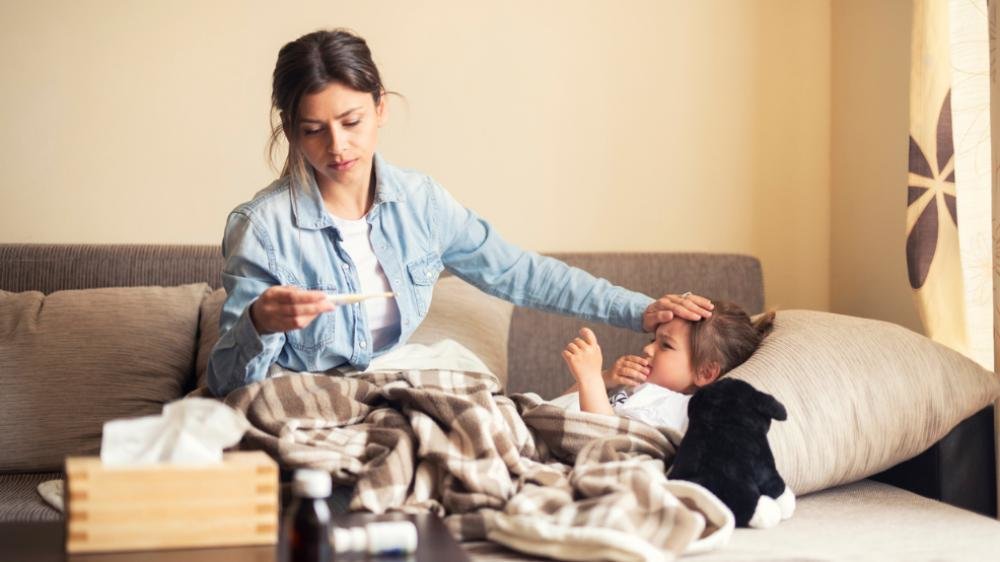
Flu season is always rough, but this year's flu season is the worst we've seen in almost a decade. To put it in perspective: at least 32 children have died so far, and it's too early to even guess how many children will die before the season is over. It is not an overstatement to say that the flu is deadly and we need to do everything we can to protect ourselves and our families from getting sick. But how?
More from MamásLatinas: 30 Celebrities who have battled chronic illnesses
There is no foolproof way to protect ourselves, but fortunately, there are tried and true methods to help reduce the chances of catching the flu. Please review the following tips to stay healthy and share the information far and wide because the more people know, the more people that will stay healthy and alive.
Get a yearly flu shot.
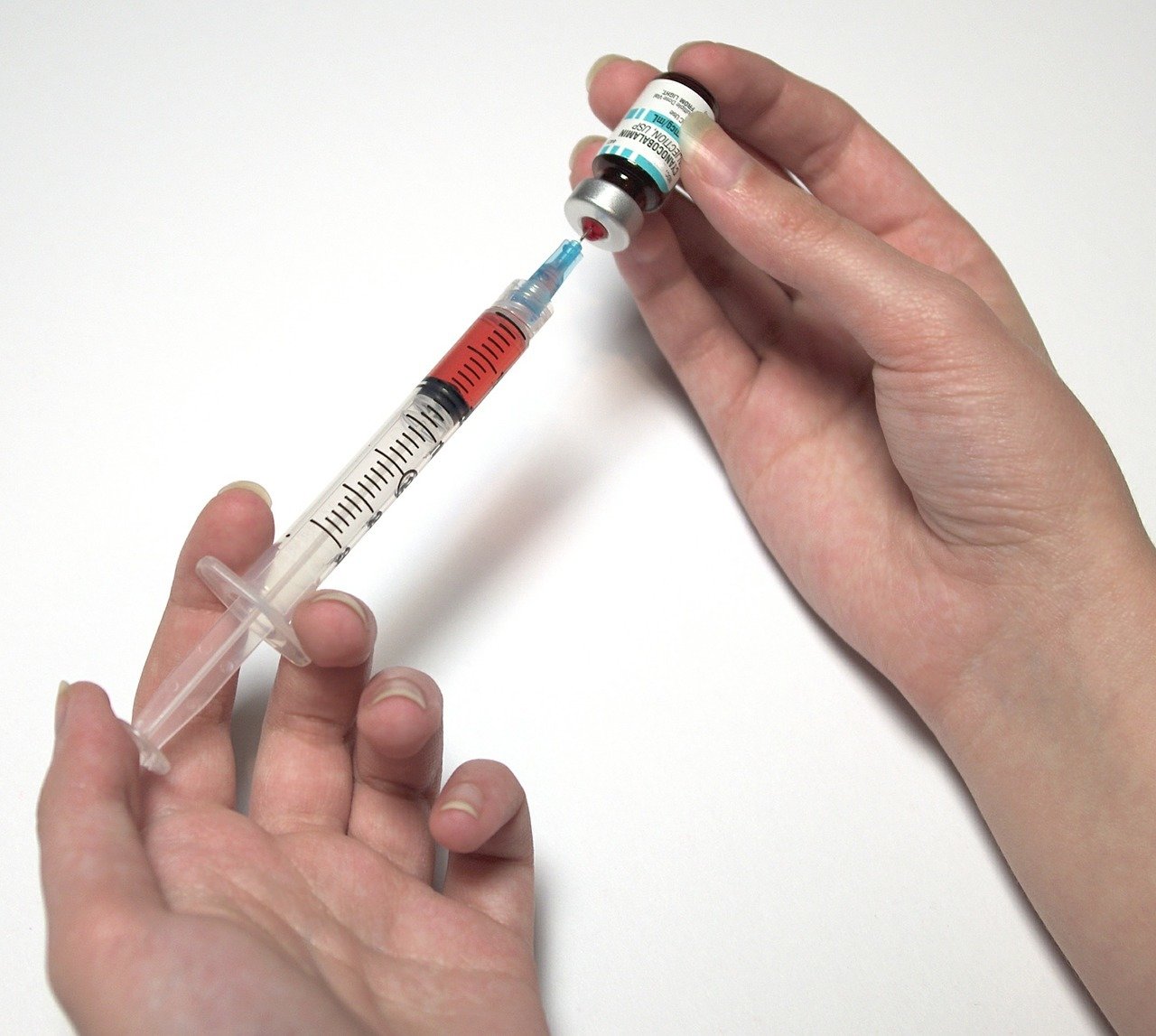
The CDC recommends a yearly flu vaccine to protect against the most common viruses of the season. High risk persons, such as young children, pregnant women, those with chronic conditions, and people 65 years and older should get the vaccine to reduce the risk of developing severe flu-related complications. Even if it's late in the flu season, it's not too late to get a flu vaccine.
Get the kids yearly flu vaccines.
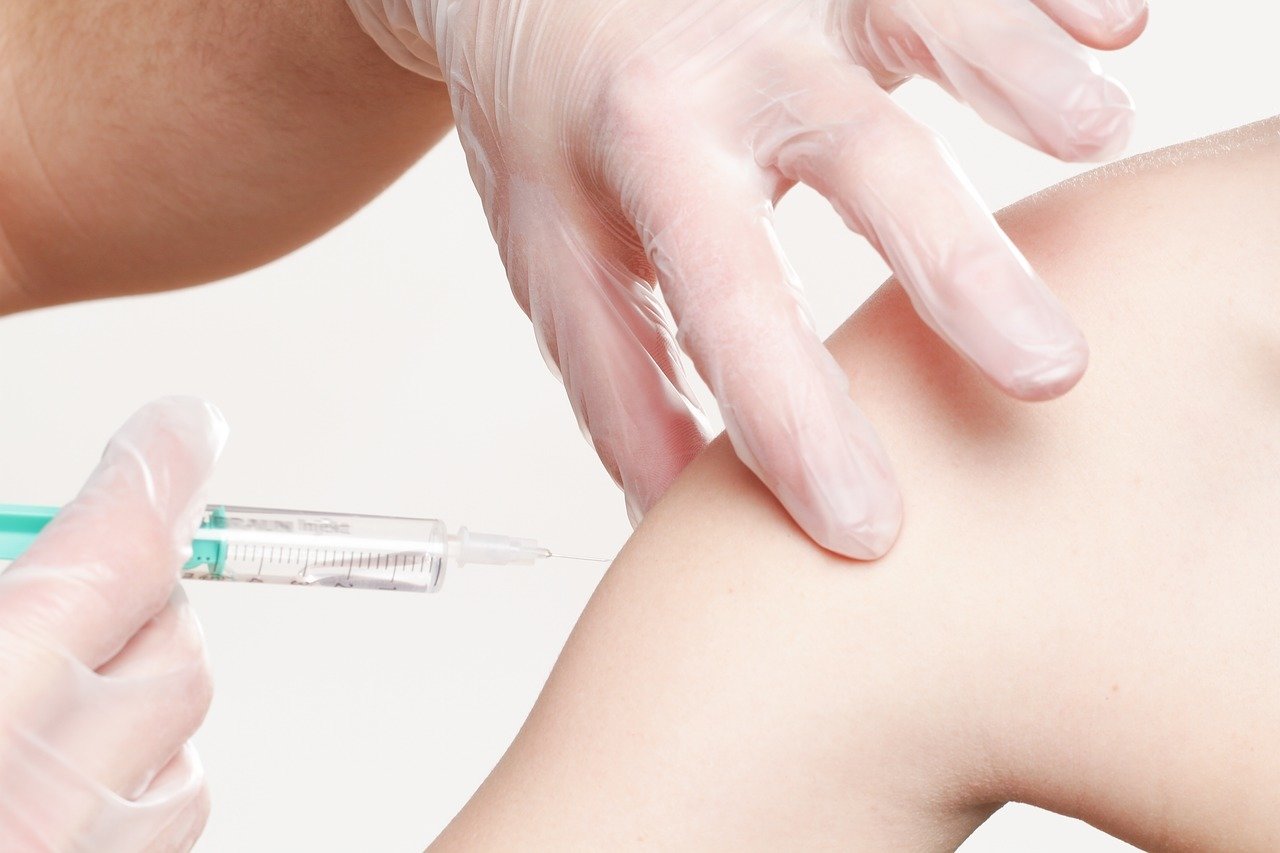
Children 6 months or older can be vaccinated. If your baby is too young to be vaccinated, you can protect the little one by getting vaccinated yourself so that you don't get sick and then expose your child to the virus.
Stay away from people who are sick.
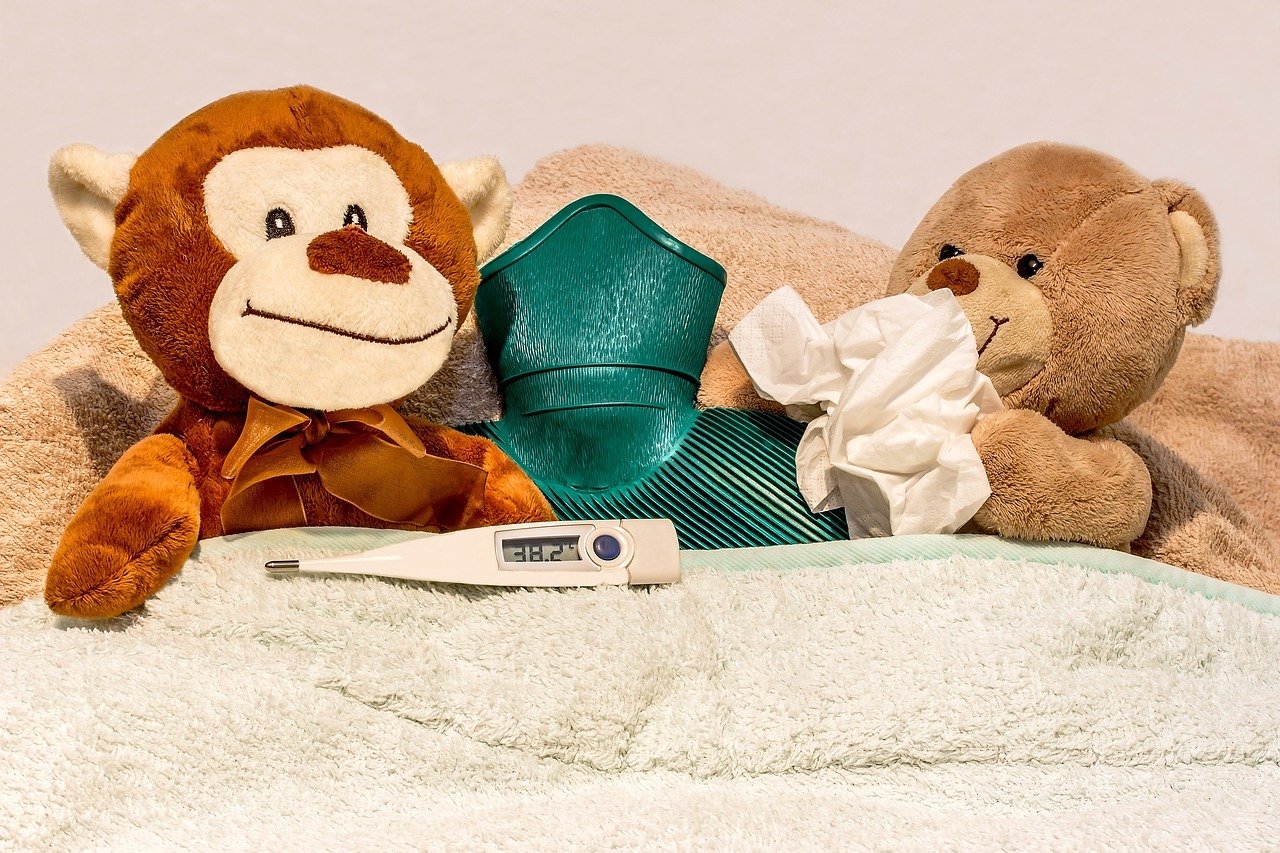
This is obvious, but should be repeated: Avoid close contact with those who are sick and if you're the sick one, stay home (especially if you still have a fever). Don't be the jerk who gets everyone else sick.
Practice proper sneezing and coughing etiquette.
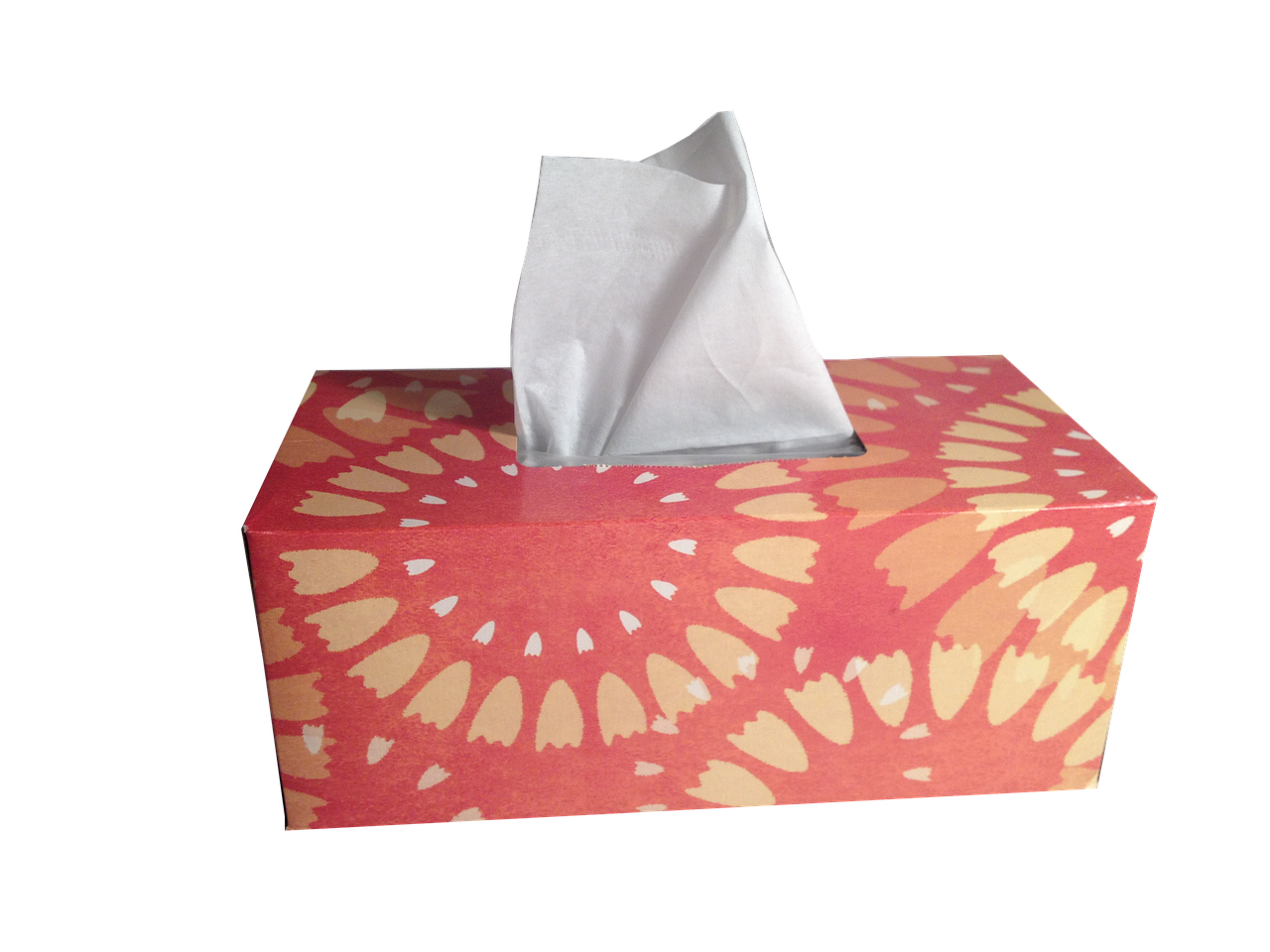
The CDC recommends that everyone cough or sneeze into a tissue and then throw the tissue away. This keeps germs from spreading.
But what if you don't have a tissue?
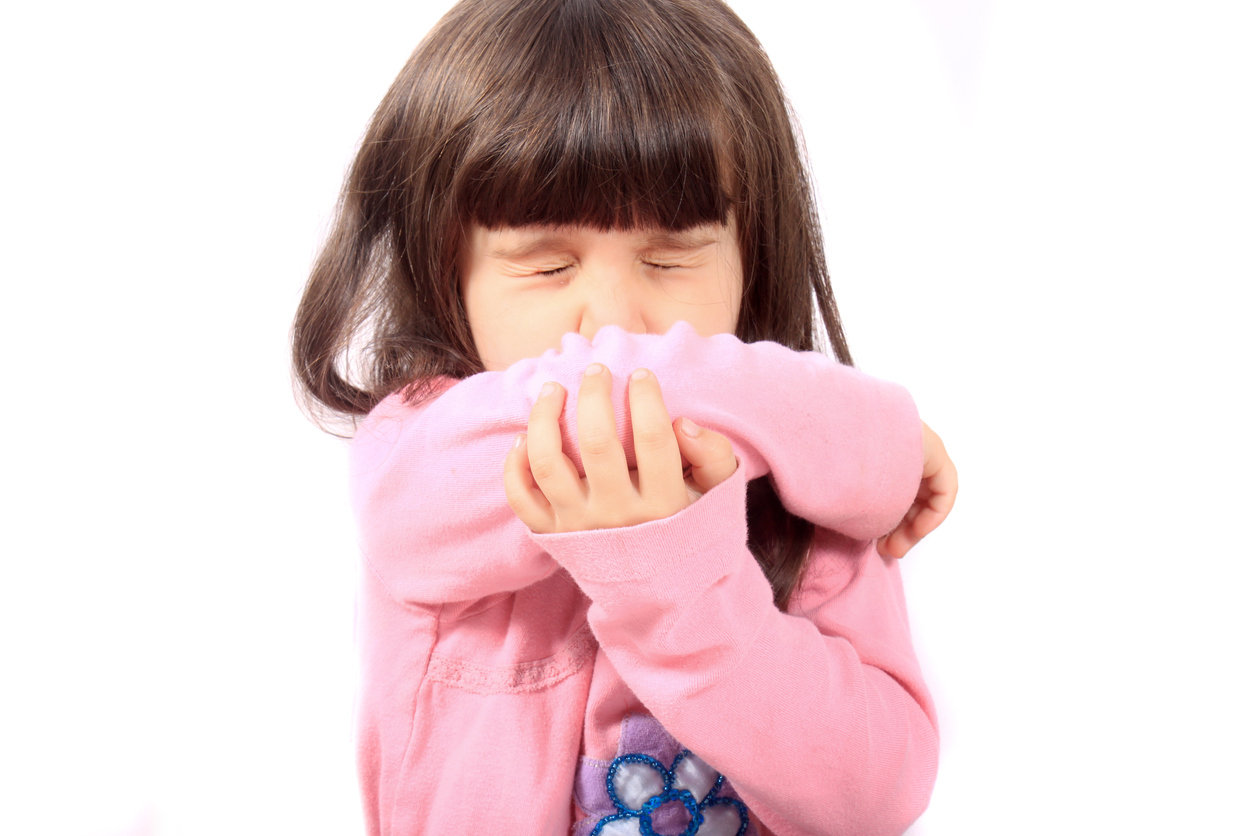
Although using a tissue you can dispose of immediately is ideal, you know that kids and grown ups don't always have one handy. If that's the case, sneeze or cough into your elbow or upper sleeve to keep from spreading germs. Do not sneeze or cough into your hands, please.
Clean germs away.
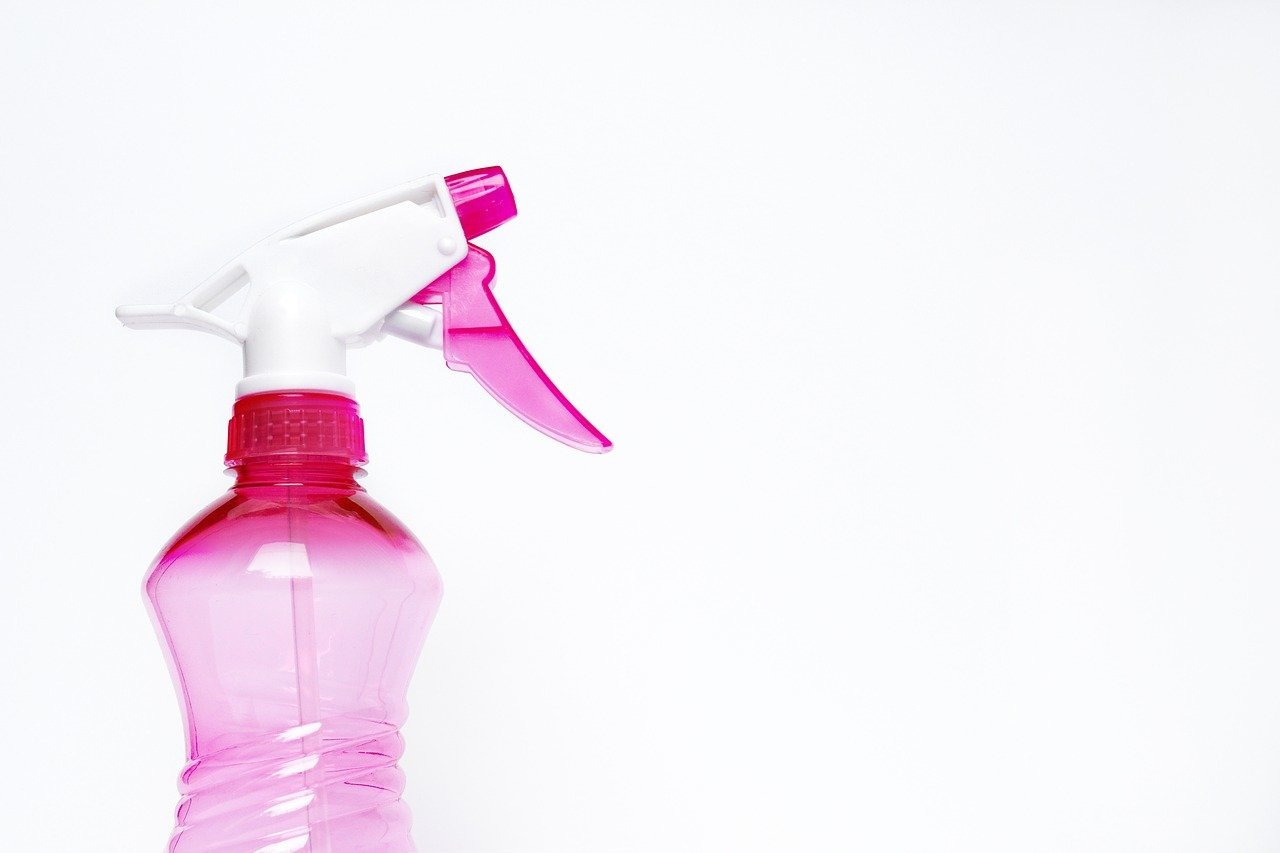
Regularly clean and disinfect surfaces that could spread germs, like door knobs, cabinet handles, kitchen and bathroom surfaces, faucets, and phones.
Eat and sleep well.
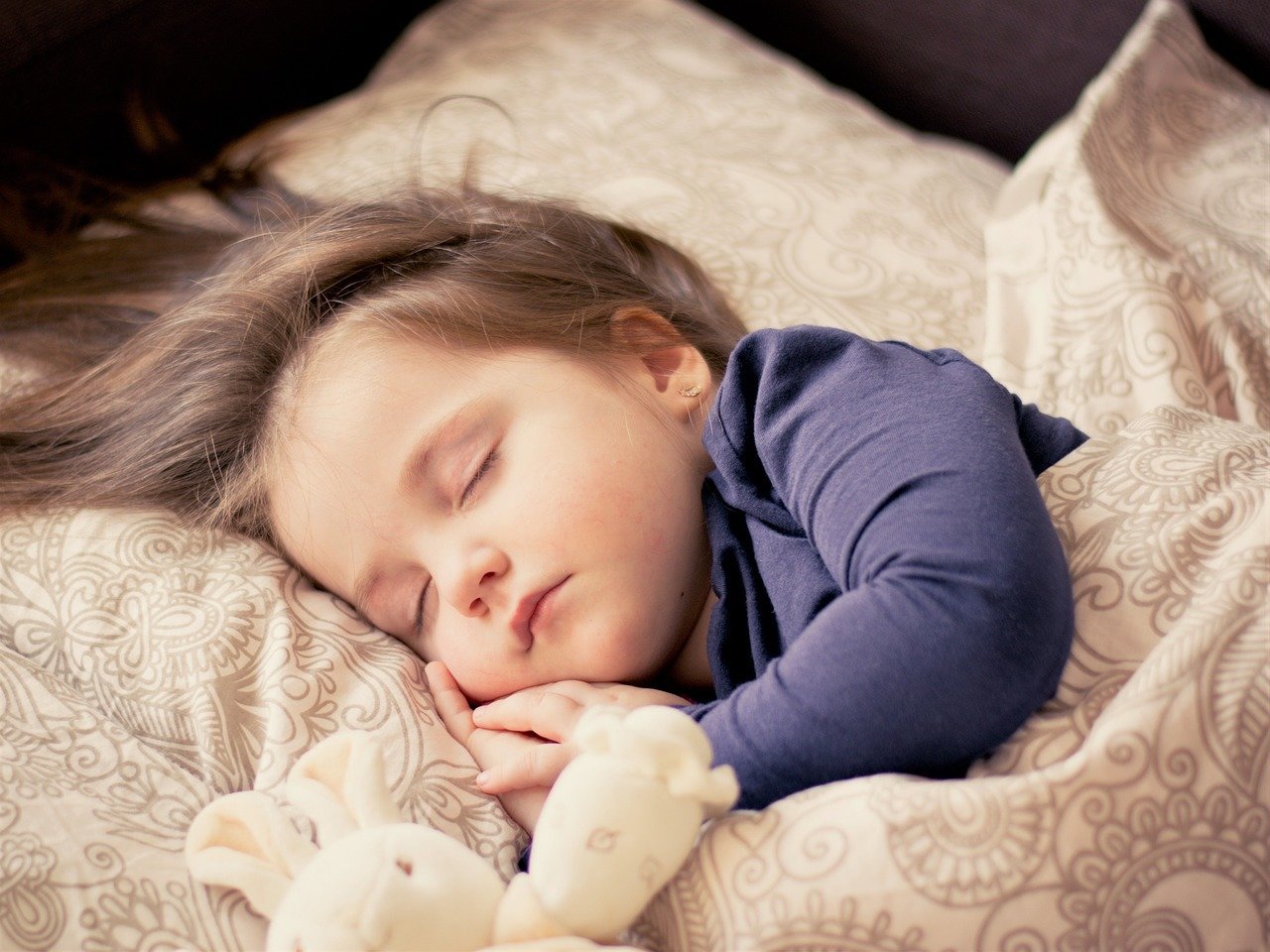
Make sure you're eating healthy and getting a good night's rest. Keeping your body in top shape will make you less susceptible to getting sick.
No sharing of food or drinks.
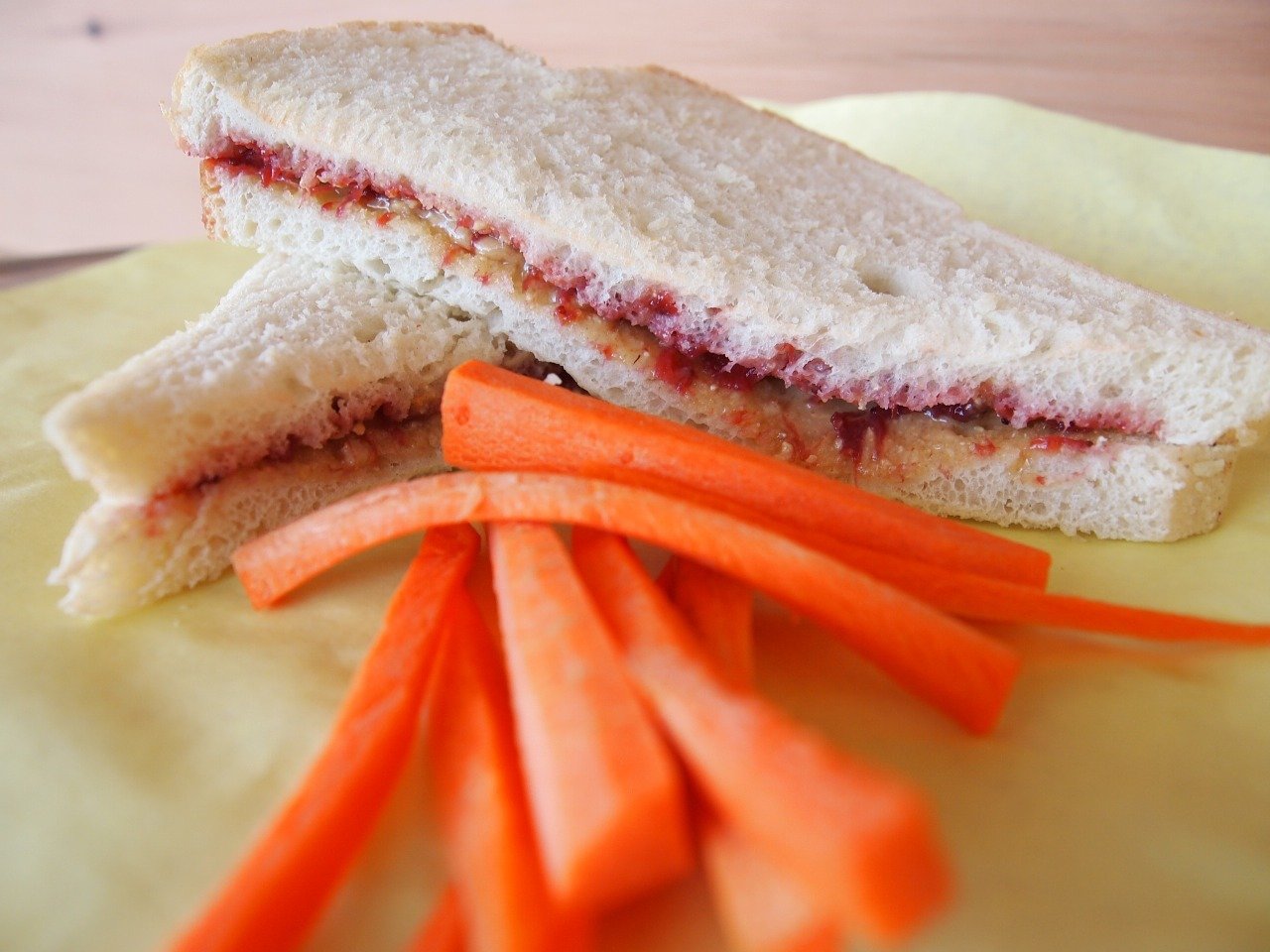
Warn children not to share food or drinks with anyone. For some reason even kids who don't like to share anything else are perfectly fine sharing germ-covered drinks or snacks with just about anyone.
Wash your hands while singing the alphabet.
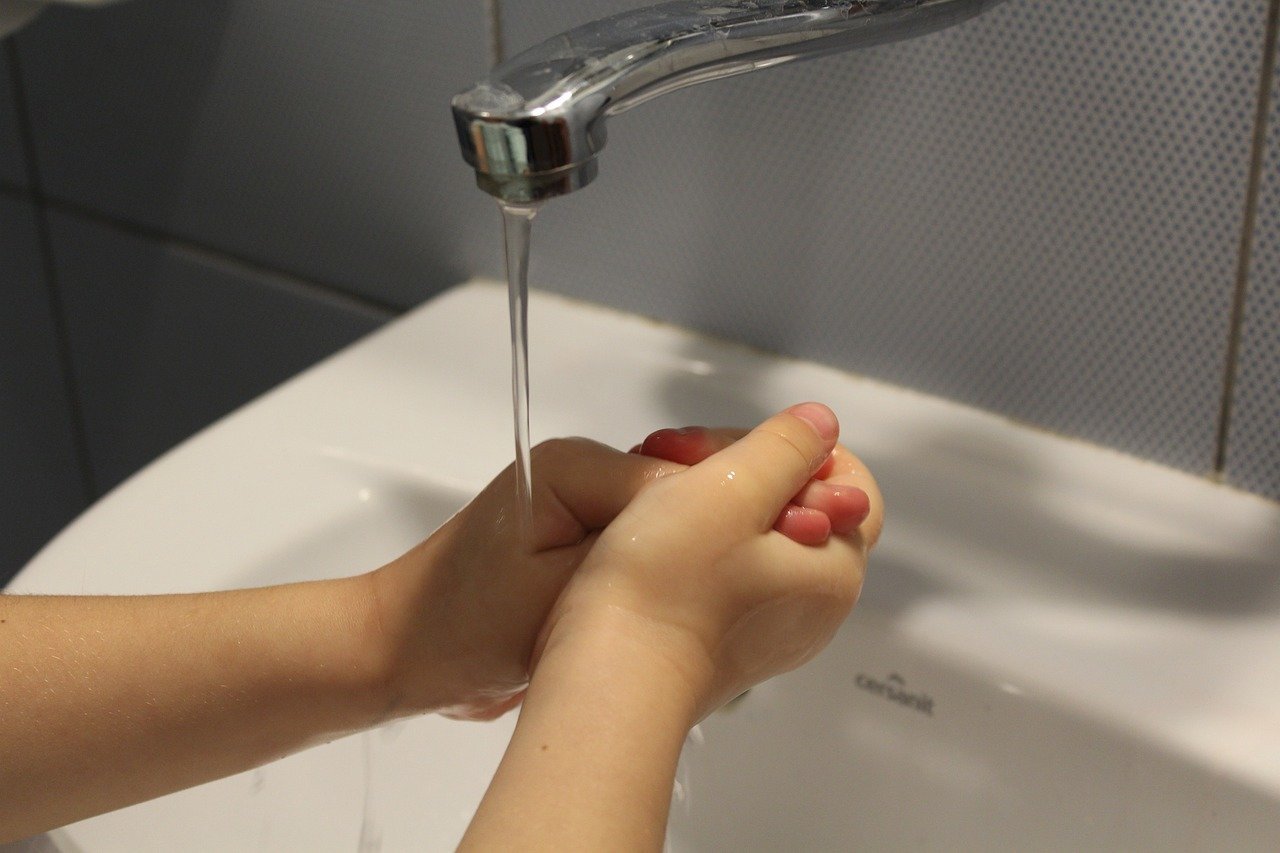
It's not enough just to wash your hands often to keep germs off of them. You need to wash them thoroughly for at least 20 seconds. A good rule of thumb for you and your children is to sing the whole alphabet song while you scrub your hands to make sure you are not rushing the job.
Stock up on the hand sanitizer.
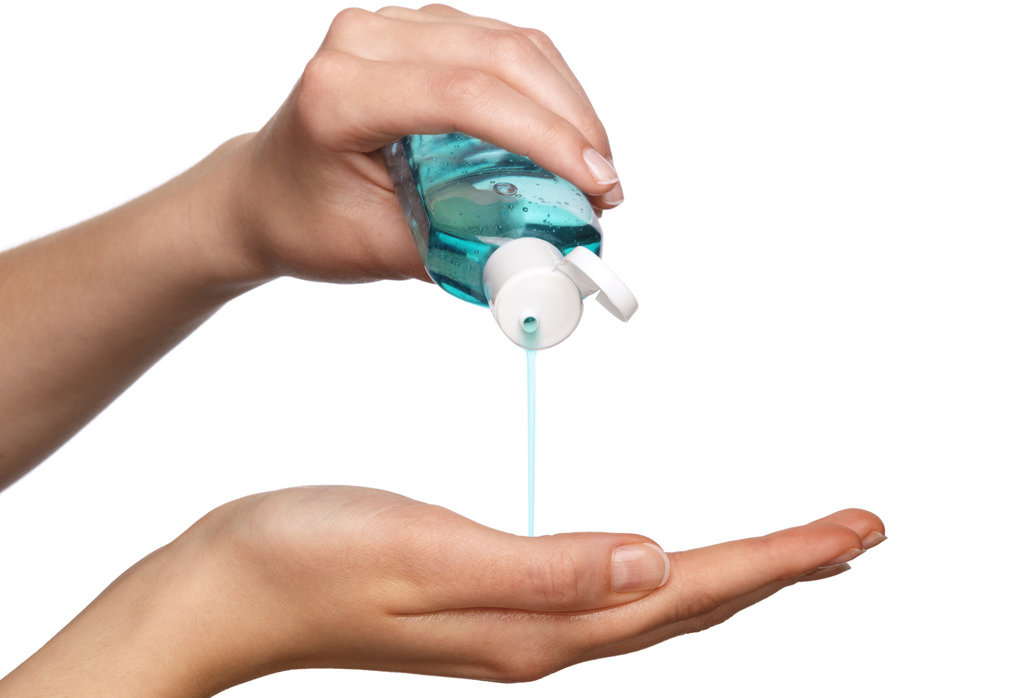
Get a bunch of travel size hand sanitizers and put them in purses and backpacks for those times when you can't wash your hands right away.
Skip air dryers, go for paper.
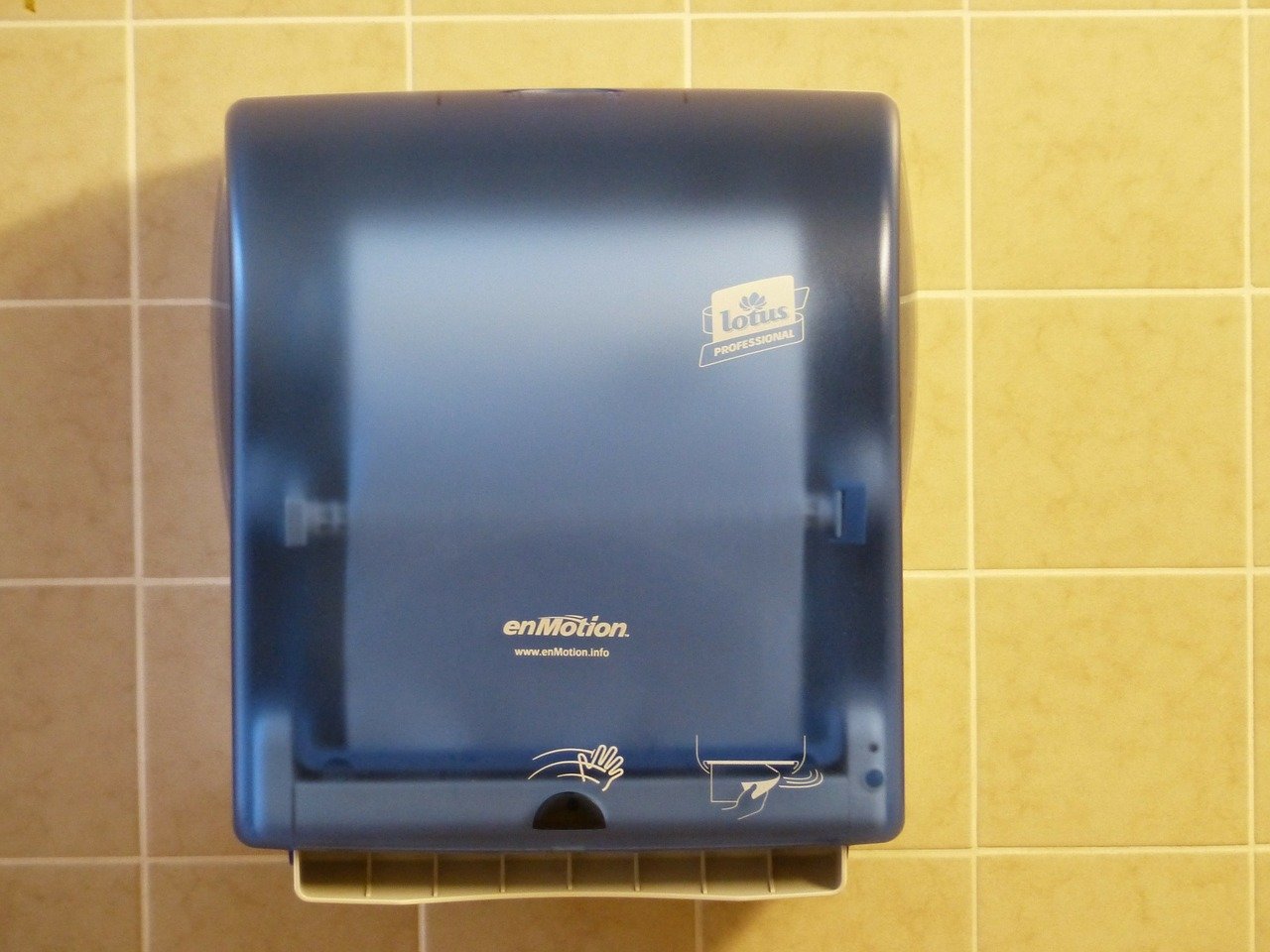
You would think that using a hand dryer is more hygienic than using paper towels to dry your hands in a public restroom, but that might not be the case. One study found that certain hand dryers spread more than 1,300 times as many germs as paper towels do. What's worse is that if you're a kid, they're blowing those germs right into your face.
Keep hands away from eyes, nose and mouth.
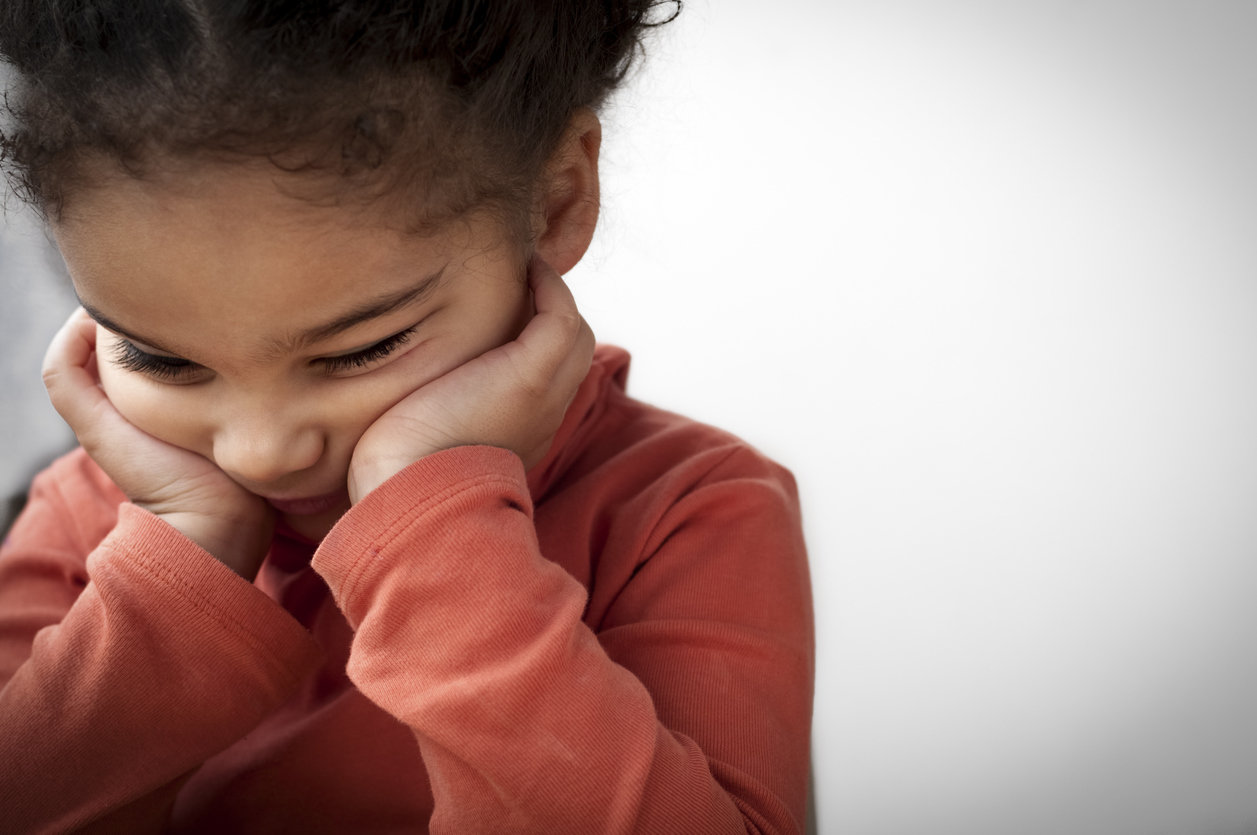
Germs love entering your body via your eyes, nose or mouth so keep hands away from your face. This is particularly hard for kids whose hands seem to be magnetically attracted to their faces. That means you are going to have to be a nag and nag, nag, nag your kids to keep their hands away from their faces or each other's faces.
Wash bedding often.
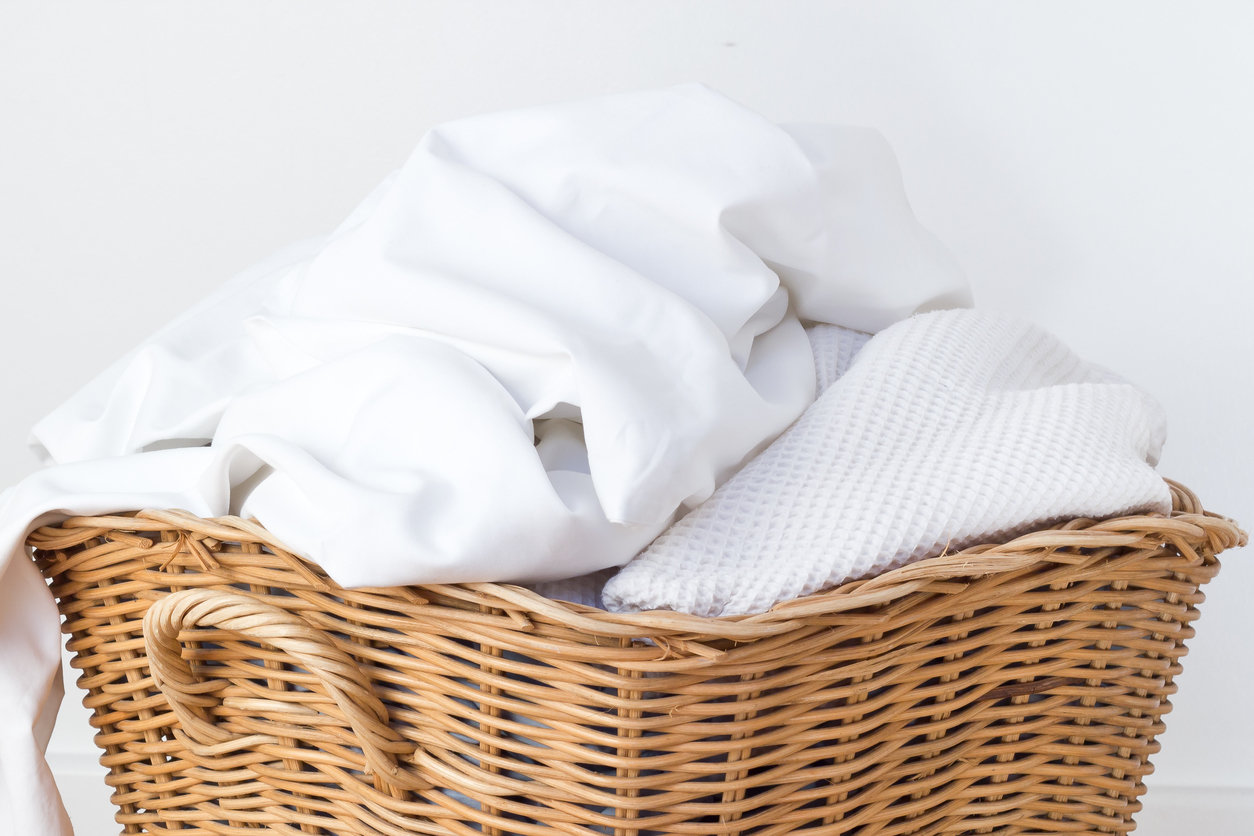
Wash your sheets and blankets once a week to keep them germ-free. If your child takes naps at school, it would be wise to make sure blankies and mats are being washed at least twice a week.




